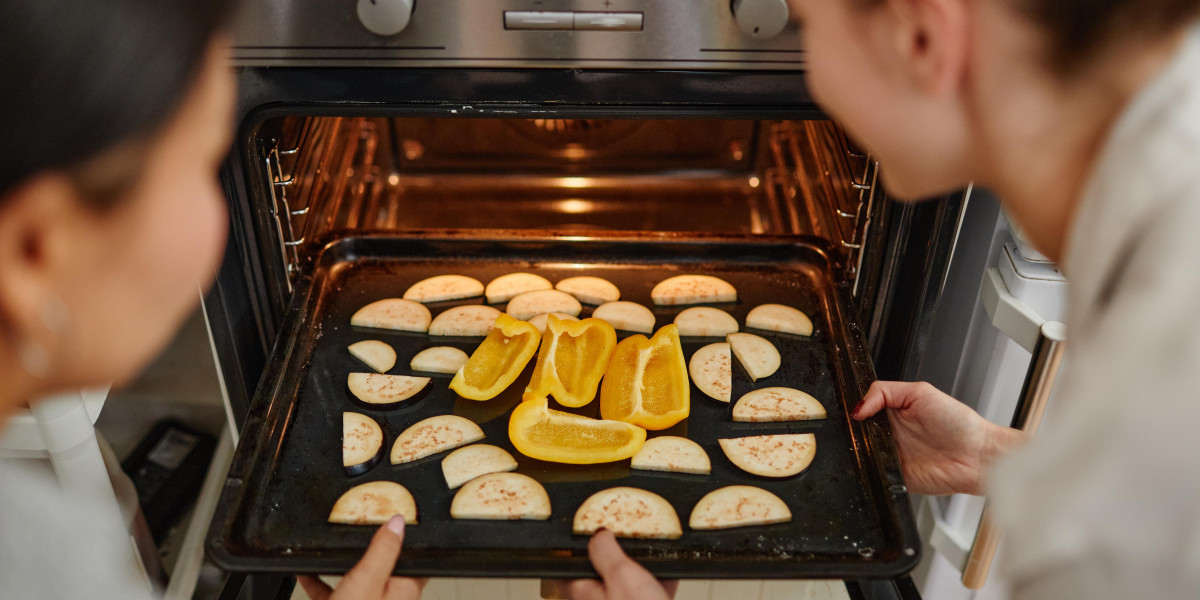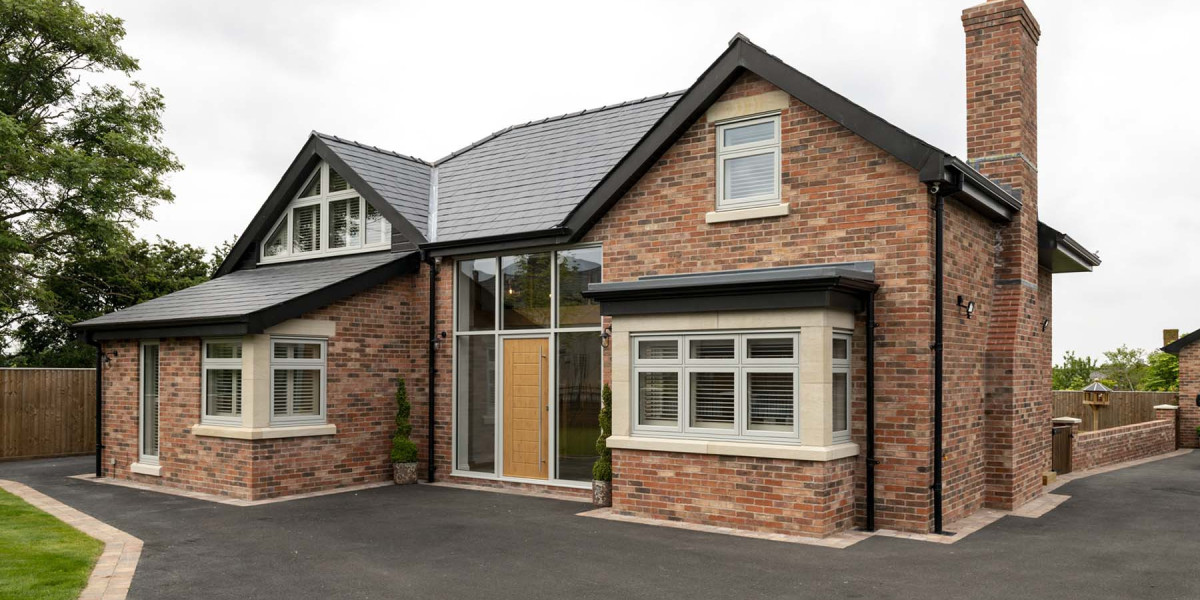The Modern Kitchen: A Guide to Built-In Ovens and Hobs
In today's busy world, where cooking has actually ended up being an innovative outlet and a crucial part of every day life, having the right kitchen appliances is important. Among these, built-in intergrated ovens and hobs stick out as favorites in contemporary kitchen areas. This post aims to explore these appliances in depth, discussing their benefits, types, installation options, and important pointers for selecting the best models for your kitchen.

Understanding Built-In Ovens and Hobs
What are Built-In Ovens?
A built-in oven is a device that is designed to fit effortlessly into cabinets, supplying a clean visual in the kitchen. They differ from freestanding intergrated ovens and are understood for their flexibility, readily available in numerous sizes and functionalities. Built-in ovens can be electric, gas, or perhaps steam ovens, integrated Kitchen making them appropriate for various cooking styles.
What are Hobs?
Hobs, also called cooktops, are the flat cooking surfaces typically found on the countertop. Like ovens, hobs come in lots of forms, consisting of gas, electric, induction, and even integrated designs. Their compact nature permits for flexibility in kitchen layouts and designs.
Table 1: Comparison of Built-In Ovens and Hobs
| Feature | Built-In Oven | Hob |
|---|---|---|
| Installation Type | Integrated into kitchen cabinets | Installed on countertop |
| Cooking Methods | Baking, roasting, steaming | Boiling, frying, sautéing |
| Types | Single, double, combination | Gas, electric, induction |
| Aesthetics | Modern, streamlined designs | Various surfaces available |
| Control | Digital programs, handbook | Knob or touch control |
| Expense Range | Mid to high-range | Wide, depending upon type |
Benefits of Built-In Ovens and Hobs
Visual Appeal
Built-in ovens and hobs contribute significantly to a structured look in modern-day kitchen areas. Their integration into cabinets enables for a clean and professional finish that complements any kitchen design.
Space-Saving Design
Among the pivotal benefits of built-in ovens and hobs is their space-saving style. As they are fitted straight into cabinetry, they maximize important counter area, making the kitchen feel bigger and more arranged.
Adaptability in Cooking Methods
Built-in ovens included numerous cooking functions, such as convection, grilling, and self-cleaning options. Likewise, hobs provide varied cooking methods, including quick boiling with induction innovation or the conventional flame of gas hobs. This flexibility allows home cooks to try out a large range of culinary strategies.
Enhanced Safety Features
Many contemporary built-in hobs and ovens featured innovative safety functions, such as automated shut-off, cool-touch doors, and kid locks. These features boost security, particularly in families with children.
Selecting the Right Built-In Oven and Hob
Selecting the right built-in oven and hob for your kitchen includes numerous considerations:
Factors to Consider
- Kitchen Layout: Understand the circulation and style of your area to choose appliances that fit your style.
- Cooking Habits: Are you a casual cook, or do you prepare complicated meals? Comprehending your cooking requirements will assist your selection.
- Budget: Building a budget plan will assist limit your alternatives without spending too much.
- Utilities Available: Check if you have access to gas lines for a gas hob or if you prefer electric options.
- Energy Efficiency: Look for energy-efficient models that can save on electricity or gas costs over time.
Kinds Of Built-In Ovens and Hobs
Built-In Ovens
- Single Ovens: Ideal for smaller sized kitchen areas or zanussi 60cm built-in electric oven – shop now! casual cooks.
- Double Ovens: Great for those who frequently captivate or prepare several dishes all at once.
- Mix Ovens: Feature both traditional and microwave functionalities.
Hobs
- Gas Hobs: Perfect for those who prefer the control of open flames.
- Hotpoint Newstyle Electric Double Oven - Sleek Black Hobs: Common and simple to utilize, however might take longer to warm up.
- Induction Hobs: Quick heating and energy-efficient, but need suitable pots and pans.
Frequently asked question Section
Q1: Are built-in ovens more expensive than freestanding ovens?A1: Generally, built-in ovens are more costly due to their style and installation requirements. However, the cost can vary based upon functions and brands. Q2: Can I install a built-in oven myself?A2: While DIY installation is possible, it is advised to employ an expert for gas and electrical connections to make sure safety and compliance with regional codes. Q3: What upkeep do built-in ovens and hobs require?A3: Regular cleansing is vital. Hobs might need periodicdescaling, and ovens can gain from self-cleaning features if If you value precise temperature control, gas may be the Try to find those with high ratings to conserve on energy expenses. In summary, built-in ovens and hobs are vital components of an elegant and functional contemporary kitchen. Their range, security functions, and aesthetic appeal make them an appealing choice for homeowners and striving chefs alike. By carefully considering your cooking routines, kitchen layout, and design preferences, you can pick the best built-in appliances that boost your cooking experience and transform your kitchen into a culinary haven. The financial investment in these appliances not just includes value to your home however also elevates your cooking to new heights.
available. Q4: How do I select between gas and electric hobs?A4: Consider your cooking choices, offered utility connections, and security features.
best choice. For fast heating, electric or induction might be better. Q5: What are the energy effectiveness ratings of built-in ovens and hobs?A5: Most contemporary built-in ovens and hobs come with energy ratings, comparable to other appliances.







